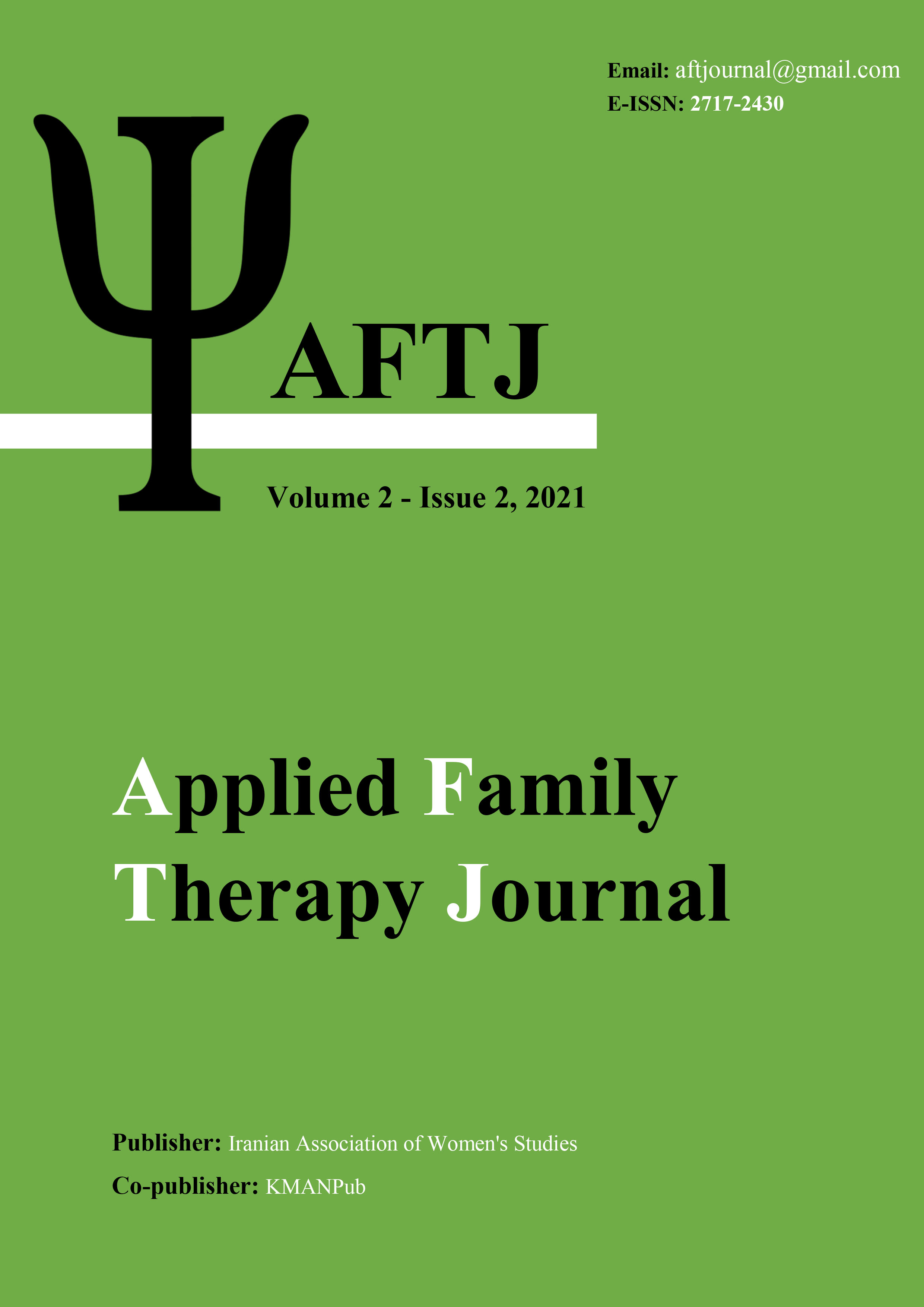Predicting happiness based on self-differentiation mediated coping styles in obese men and women
Keywords:
Happiness, Differentiation, Coping Styles, ObesityAbstract
Aim: The aim of this study was to predict happiness based on self-differentiation in obese individuals through mediation of coping styles in obese men and women. Methods: The present research method is descriptive-correlation. The statistical population of the present study included people with obesity who referred to counseling and psychology centers in District 1 of Tehran in 2021. The study included 210 people from the community who were selected using available sampling method. Data were obtained using the Oxford Happiness Questionnaire (Argyle and Lowe, 1990), the Self-Differentiation Questionnaire (Scorron and Friedlander, 1998), and the Coping Styles Questionnaire (Andler and Parker, 1990). The collected data were analyzed using structural equation modeling method and Amos software version 22. Results: Coping styles (B = 0.02; P <0.001) have a mediating role in the relationship between happiness and self-differentiation in obese individuals. The coefficients obtained from path analysis indicated the significance of the relationship (P <0.05). Conclusion: The happiness model was based on self-differentiation in obese individuals mediated by coping styles. It is suggested that specialist training be planned by relevant organizations to improve happiness, differentiation, and coping styles in obese individuals.
Downloads
Downloads
Published
Issue
Section
License

This work is licensed under a Creative Commons Attribution-NonCommercial 4.0 International License.





















